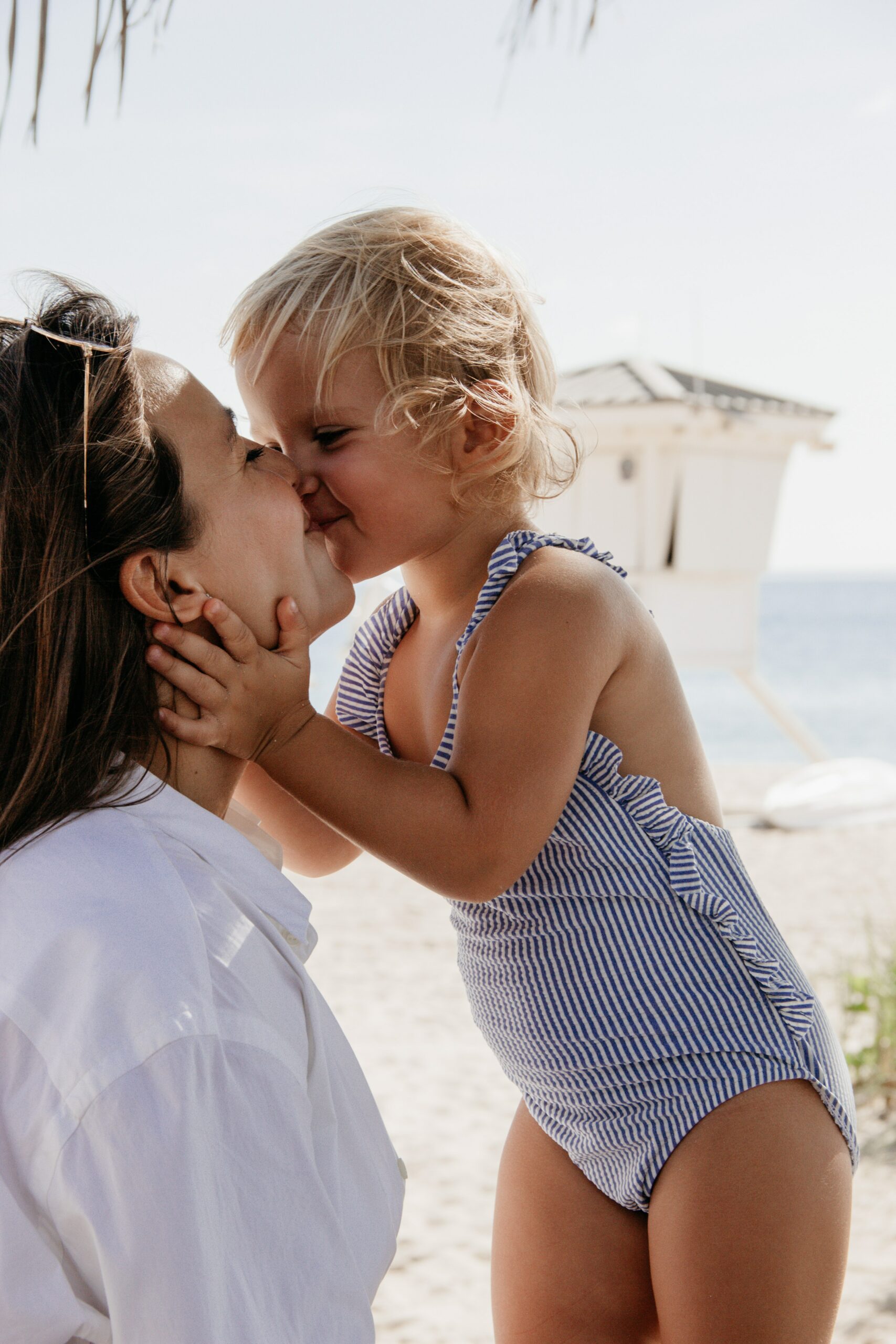-

Connect with the world
It is a long established fact that a reader will be distracted by the readable content.
-

Power UP Your Friendship
It is a long established fact that a reader will be distracted by the readable content.
-

Together Is Better
It is a long established fact that a reader will be distracted by the readable content.

